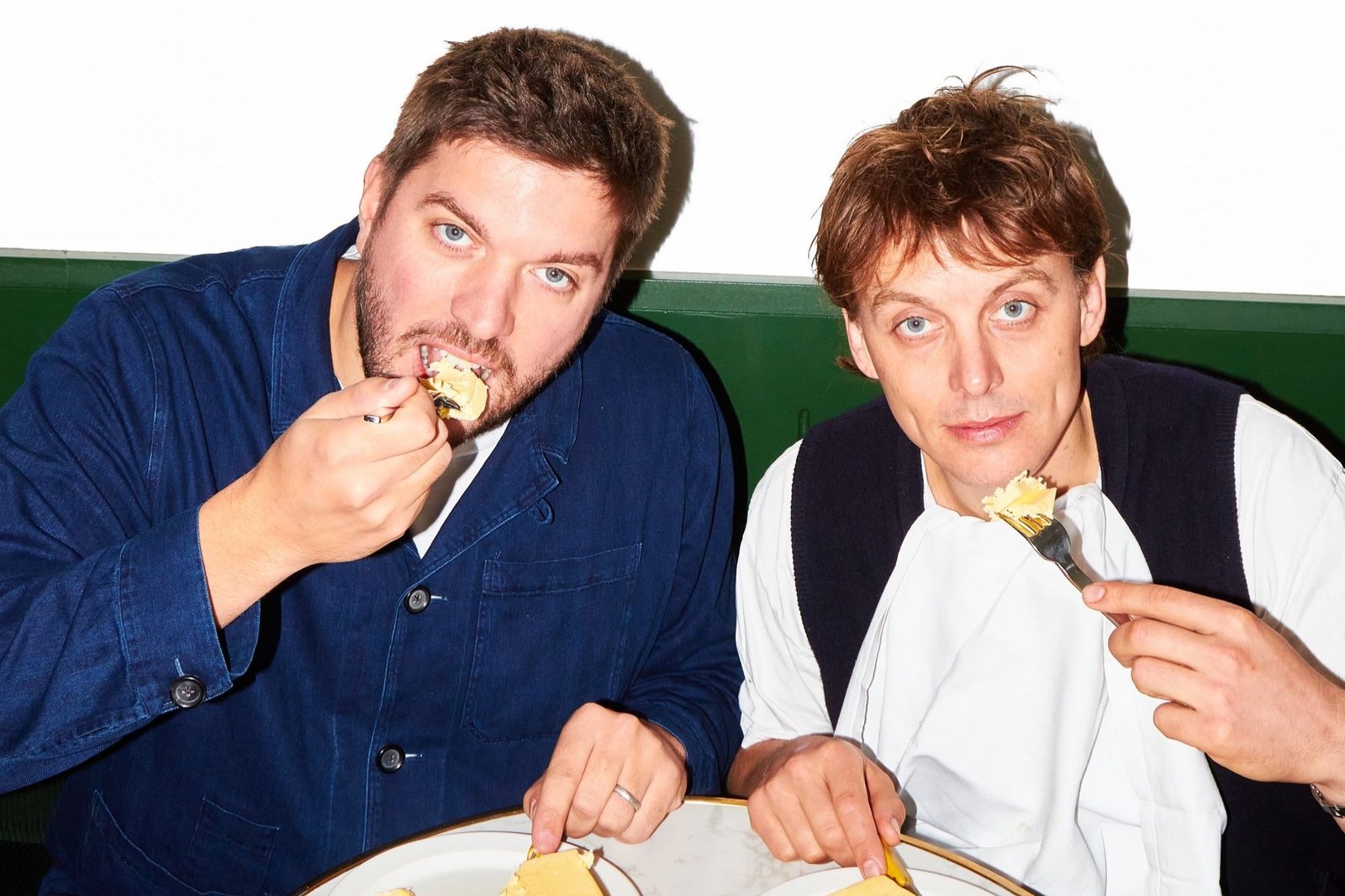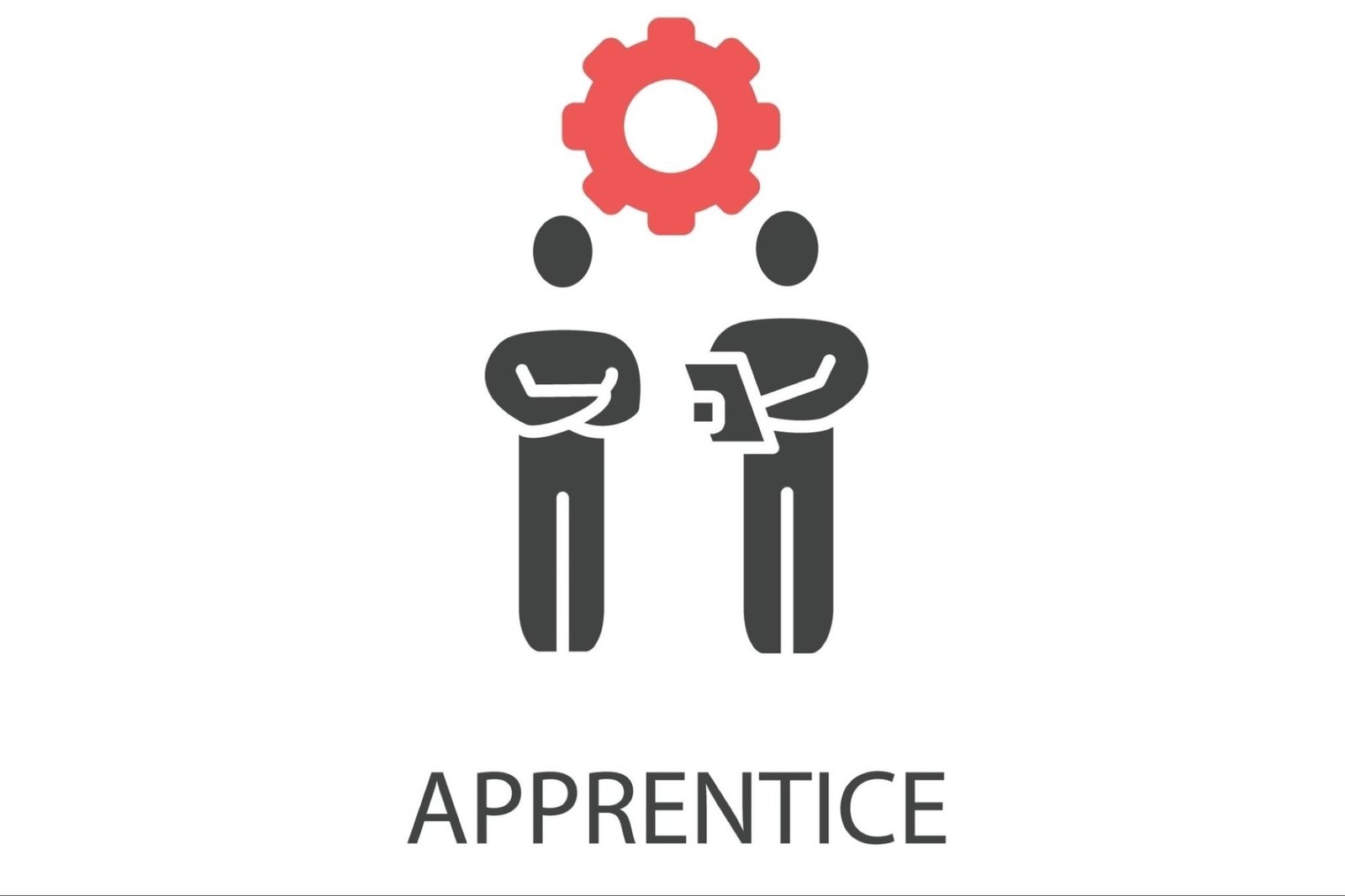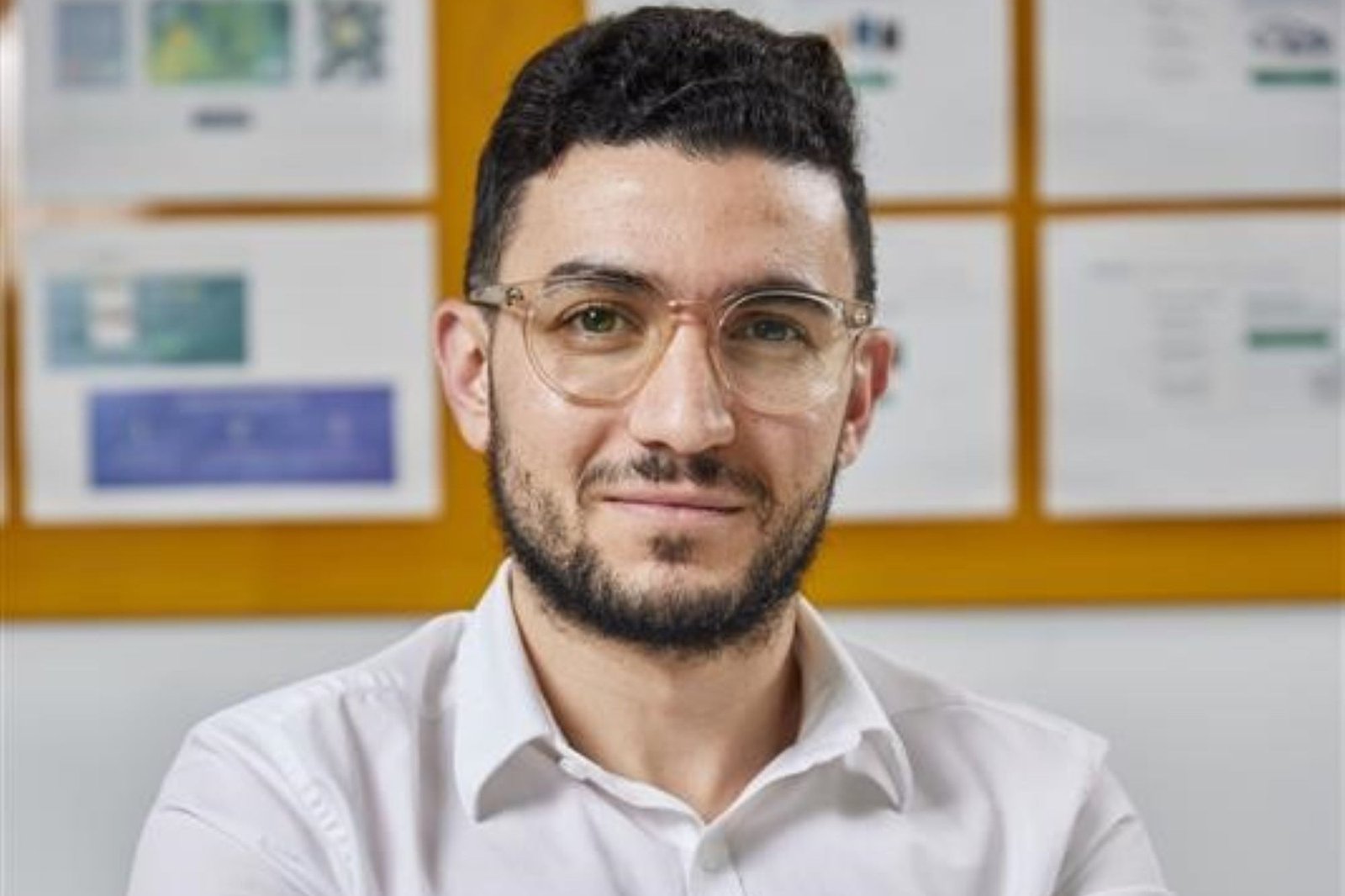You’re reading Entrepreneur Middle East, an international franchise of Entrepreneur Media.
For quite some time now, Dubai has remained a hospitality hub, where competition is fierce, culinary innovation is constant, and cultural diversity is a strength. With technology merging with all aspects of every business, including hospitality, Robert Polacek, Partner and Creative Director of RoseBernard Studio, is asking the very obvious question: Can artificial intelligence help create more human guest experiences?
“AI provides the what: data and predictive power,” he says. “But RoseBernard focuses on the how: how to use those insights to design authentically human, emotionally resonant, and on-brand guest experiences.”
Polacek’s vision challenges a growing industry concern where personalization, when handled solely with algorithms, risks becoming hollow. “Personalization without personality can fall flat,” Polacek says. “AI is a powerful tool, but the magic happens when those insights are translated through a creative, human-centric lens.”
AI doesn’t replace design. According to Polacek, it informs it. Their process leverages AI-driven guest data to anticipate preferences and cultural behaviors, but the real innovation is in how this data is translated into immersive storytelling, emotional resonance, and brand loyalty. “We always believe in the power of authentic storytelling and immersive experiences,” Polacek explains. “AI helps us understand what matters to each guest. And we use design to deliver it in a way that feels meaningful and unforgettable.”
Dubai’s global dining scene plays a central role in this vision. “Food is the most accessible ambassador,” Polacek shares. “It’s how people connect with culture, and it’s where AI can become a secret ingredient.”
AI-enabled research helps RoseBernard identify what different cultures are eating, the trends shaping modern culinary experiences, and the emotional drivers behind them. This data allows Polacek’s team to design distinctive, authentic food and beverage concepts tailored to both the brand and the market. But it goes deeper than menus.
“When a client says they want a Chinese restaurant, they are not expecting: paint it red and add chopsticks,” says Polacek. “It means immersing in the soul of the cuisine, understanding what it really means to eat ramen in the streets of Hong Kong. That’s the level of emotional specificity we aim to capture.”
This culinary storytelling extends from the back-of-house to the front-of-house, from chef training using AI-curated global cooking techniques to crafting the mood, music, menus, and guest flow within each space. “To truly harness culinary diversity, the entire guest experience must reflect it,” he says. “We design environments and brand touchpoints that include ambiance to staff interactions to make it an immersive and understandable journey.”

Polacek sees his firm not just as designers, but as strategic partners for developers, operators, and hotel brands. “Creativity is strategic,” he explains, “and our role is to bridge visionary ambition with exceptional execution.”
Whether working on a hotel renovation or a brand-new restaurant concept, RoseBernard aligns with stakeholders early in the process, interpreting bold ideas into brand narratives, environments, and operational strategies that are emotionally resonant and commercially viable.
“Hospitality is also a real estate game,” he notes. “Especially in the Middle East, you’re designing for return on investment. AI helps us visualize fast and adapt faster, but our job is to ensure that every decision, every narrative and design choice, reinforces the property’s strategic goals.”
This involves challenging legacy hospitality norms. “We ask, do you really need a three-meal restaurant anymore?” Polacek shares. “The market doesn’t always want that. Pushing boundaries isn’t about ego; it’s about relevance, adaptability, and building lasting brand legacies.”
Polacek draws from personal travel experiences to underscore the emotional dimension of design. “I remember sitting on an upside-down bucket in Hong Kong eating roadside ramen, wiping my hands with tissue, and thinking, this is unforgettable,” he recalls. “Our mission is to take moments like that and translate them into luxury experiences that still feel real, emotional, and accessible.”
 Quail + Crane – Grand Hyatt SFO. Image courtesy: RoseBernard Studio Design
Quail + Crane – Grand Hyatt SFO. Image courtesy: RoseBernard Studio Design
This authenticity is what makes RoseBernard’s work stand out. In a city teeming with opulence and flash, its work emphasizes meaning over gimmick. “We’re not just changing the color of a restaurant or swapping out drinks,” Polacek says. “We’re helping operators define their culinary identity and express it in a way that connects across cultures and elevates the entire property.”
As AI reshapes industries worldwide, Polacek advocates for a hospitality model where technology serves human creativity, not the other way around. “Our core belief is that design and creativity are not just aesthetics. They’re strategic business tools,” he says. “The true AI advantage is realized when it deepens human connection. We’re interested in where high-tech meets high touch to create something truly special.” From AI-informed restaurant concepts to emotionally rich guest journeys, RoseBernard Studio is proving that data can drive more than decisions; it can drive delight.



